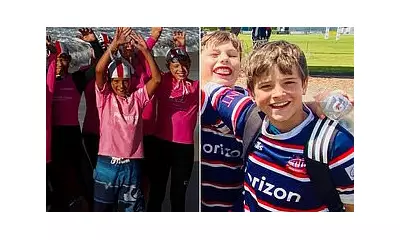
A new study has delivered a humbling reality check to adults across the UK, suggesting that the average grown-up might not be as intellectually superior to a 16-year-old GCSE student as they'd like to believe.
The research, which pitted adults against teenagers in a general knowledge quiz, uncovered a startling gap in basic awareness on a range of topics from history to pop culture.
The Great Knowledge Divide
When put to the test, adults consistently struggled to match the recall and recent learning of students in the midst of their exam preparation. The study highlights a concerning trend of knowledge atrophy post-education, where information learned in school fades without consistent use.
One of the most surprising findings was just how quickly specialised knowledge disappears once we leave formal education, while GCSE students retain sharp, exam-ready information.
Where Adults Are Falling Short
The quiz revealed specific areas where adults showed significant knowledge gaps compared to their younger counterparts:
- Historical events: Many adults couldn't place key moments in history with accuracy.
- Scientific concepts: Basic principles learned in science classes had faded from memory.
- Geographical knowledge: Location-based questions proved particularly challenging for older participants.
- Current affairs: Despite greater life experience, adults weren't necessarily more informed about contemporary issues.
Why This Matters for UK Education
These findings raise important questions about lifelong learning and knowledge retention in the UK. The results suggest that our education system successfully prepares students for exams, but may not create lasting knowledge that endures into adulthood.
This research serves as a wake-up call for professionals and parents alike, highlighting the importance of continuous learning and intellectual curiosity beyond the classroom years.
The study ultimately challenges the assumption that age and experience automatically equate to greater intelligence or knowledge, proving that when it comes to factual recall, sometimes youth truly does have the advantage.





